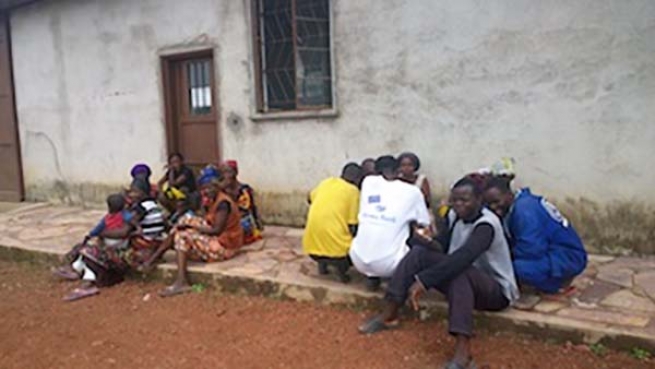ZAMBIA: Salesian Sisters Provide Women Agriculture and Vocational Skills Training in Remote Town

(MissionNewswire) Salesian sisters with Daughters of Mary Help of Christians have been working in the town of Luwingu, Zambia since 1984. The town is small and was for a long time isolated from the rest of the country because there were almost no roadways to and from the town. As a result, the population could only rely on subsistence agriculture and hunting as the main sources of food, which was inadequate in terms of both quality and quantity.
At first, the Salesian sisters started a youth center and literacy classes. Later, they opened the Don Bosco Primary School that today serves 600 students and is one of the best schools in the district. The Salesian nuns also began to look at providing vocational education. They tried to start a school for cutting and sewing but realized because the population was scattered in small clusters along the road that it was difficult for people to come to a fixed school setting. The Salesian nuns then developed a traveling workshop for young women. One group turned into 30 groups scattered throughout the area that train nearly 500 women.
Most recently, the Salesian sisters started a project called, “Valponasca Learning Farm.” This farm offers agriculture vocational training and aims to increase the knowledge and skills of local farmers, which in turn increases overall food production. The project involves 150 women and small farmers. The project has three phases—periodic training, distribution of certified bean seeds and fertilizer, and personal hand-on training and experience on the farm. The initiative is marking the transition from subsistence to commercial agriculture, with a return that has already increased food production threefold with the potential for much more and a higher quality product.
“Training and professionalism are the way to change even the most remote villages in the heart of Africa,” says Sister Elisa Tonello, a Salesian nun who lives and works in Luwingu. “It is not enough to give the seed. There must also be training and a constant monitoring of progress so that the small farmers can share information and experience, feel united and reassured, and dream of new developments.”
In communities across Zambia, Salesian missionaries are working to provide basic education and skills training, agriculture training and workforce development services to poor youth and their families. The goal is to ensure that youth have the basic education to advance on in school to learn the skills needed for long-term stable employment so they can contribute back to their families and their communities.
Poverty is widespread in Zambia with 64 percent of the total population living below the poverty line. For those living in rural areas, the poverty rate rises to 80 percent, according to UNICEF. Over the past three decades, incomes in Zambia have fallen steadily and people do not have enough money to meet basic needs such as shelter, nutritious food and medical care.
The HIV/AIDS epidemic has taken its toll on Zambia’s children. More than 20,000 households in the country are headed by children whose parents have died because of HIV/AIDS. Many of these young children are desperate for adult support.
###
Sources:
UNICEF – Zambia




